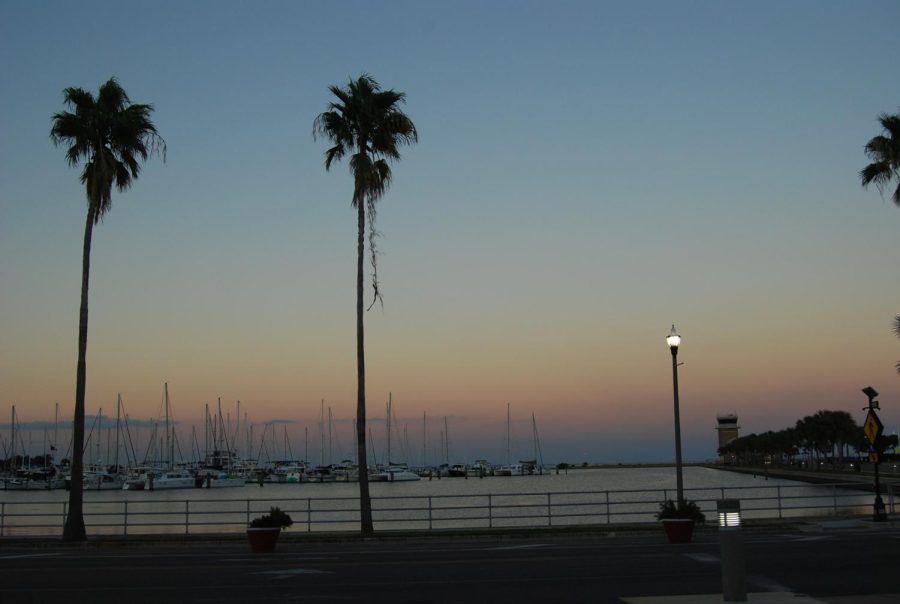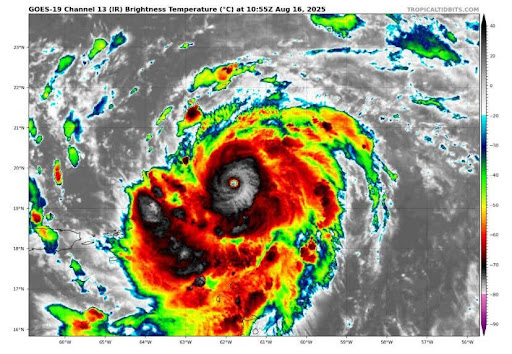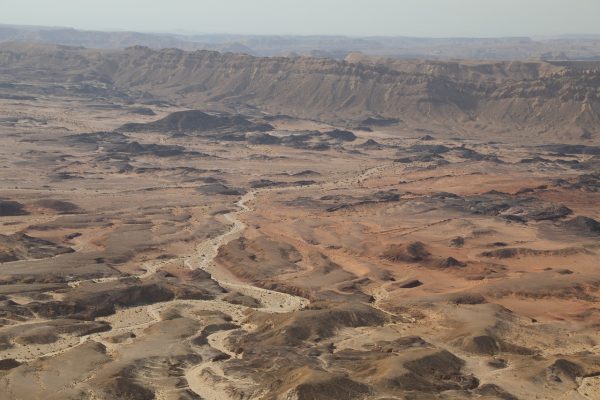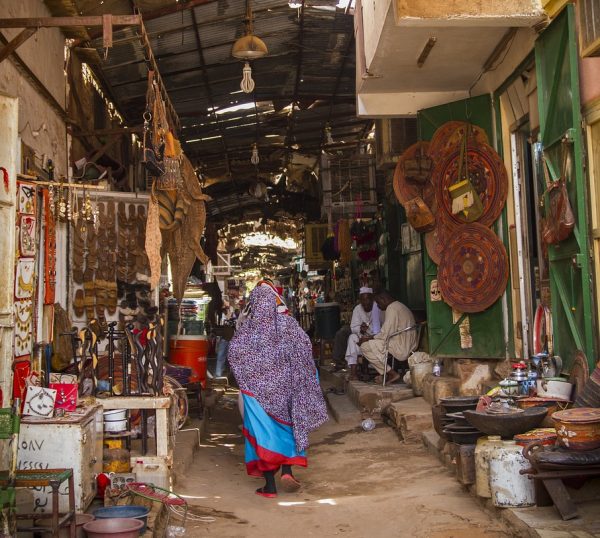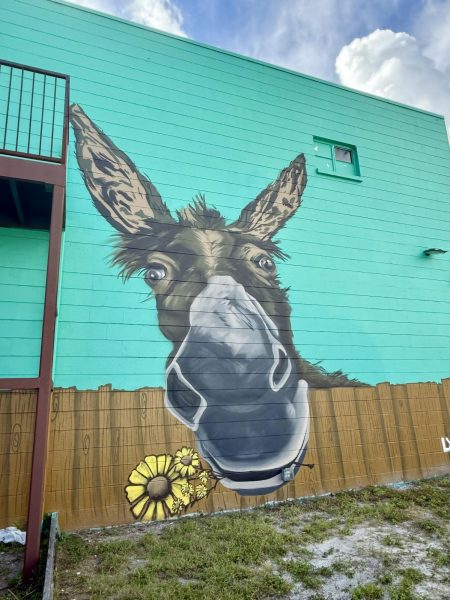The Water Wars Have Begun
“Every level of our world relies on water. And yet, we’re running out of it.”
There’s a substance called hydroxyl acid. It’s a chemical that surrounds us in our modern world, as an industrial solvent, coolant, fire retardant, and pesticide. High amounts can be found in our drinking water, plumbing, oceans, lakes, rivers, and atmosphere. It’s even found its way into our bodies. Of course, hydroxyl acid is water, but that doesn’t change the pervasiveness of it. It’s sort of dumb to say, a nearly axiomatic fact, but it has to be pointed out: every level of our world relies on water. And yet, we’re running out of it.
Right now, Ethiopia and Egypt seem likely to be driven to war over it. Ethiopia over the decades is becoming one of the fastest-growing economies in the world. In 2011, they began their biggest construction project yet: The Grand Ethiopian Renaissance Dam, or GERD, set to more than double the country’s energy supply by itself. However, the dam draws energy from the flows of the Blue Nile, providing 85% of the water flow of the downstream Nile, including the entirety of Egypt. 95% of the third most populated country in Africa is crammed into the banks of the river, making them desperate for every drop they can get to drink and feed their population. The existence of GERD, thus, is an existential threat to Egypt. Since the beginning of construction until now, Egypt has lobbied in every way it could: to the Ethiopian Government, the United States, the African Union, the United Nations, to prevent its creation, but has largely failed. As of now, Egypt has solely relied on peaceful means to slow and halt the construction of the dam. However, if they continue to fail, the unstated threat of war between the 1st and 8th largest militaries in Africa always lies on the table, waiting.
This isn’t isolated. 40% of people face water scarcity, with 25% of that being severe. Across the globe, when people are pushed to the edge of death, they fight back. Nations along the Tigris and Euphrates rivers are prime examples. Due to the accelerating pace of climate change, they have been hit harder than anywhere else in the world, losing groundwater at a faster pace than anybody else. The river starts in Turkey and flows down to Syria, Iraq, and Iran. As the most upstream and therefore most powerful nation in the matter, Turkey enjoys little worries and has often used the water for electricity, to threaten their neighbors for political gain, and to kneecap them when strategically viable. In the latter nations, however, the water crisis is acute. Violent protests in Basra over the lack of clean water are frequent, similar to how they are in Kurdistan. In 2018 and 2021, protests in western Iran over lack of water spread across the nation and made a foundation for the possibly regime-toppling protests occurring today. In Central Asia, things are in crisis over the Aral Sea, which has shrunk over the decades from the world’s 4th largest lake to the 41st. The most potentially horrifying example, however, lies in Tibet. There lies the origin of the Brahmaputra, a river so crucial to India that it is considered holy. China has already signaled a great desire to build infrastructure across their part of the river, regardless of India’s protests. Fully ignoring the humanitarian angle.
Although it may not come to war, water difficulties are not a problem limited to developing nations. The western half of the USA is experiencing a “megadrought”, a drought lasting two or more decades, destroying agricultural industries, letting wildfires gorge the landscape, and bringing summer heat to unlivable levels. This status quo was considered the worst possible case a century ago. Lake Mead and Lake Powell, the largest water reservoirs for the region, are functioning at the lowest capacity ever. As a result, water rationing has already come into effect. As climate change worsens, droughts deepen, and our aquifers are depleted more and more, we can only expect things to get worse.
Water is life. It’s as simple as that. Across the world and in our own homes, the depletion of water and increasing chances of war are mixing together to create one of the critical problems our future societies will have to solve.


